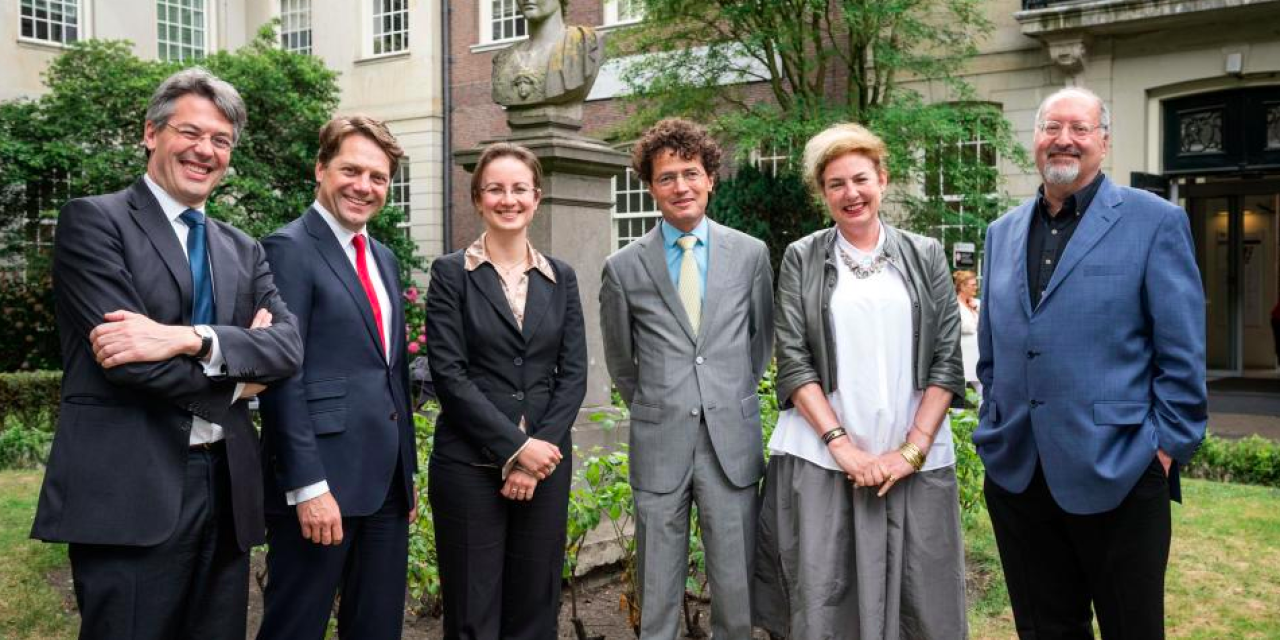Mark Barenberg
Professor Mark Barenberg is the Sulzbacher Professor of Law at Columbia Law School. He specializes in domestic and international labor and employment law, as well as constitutional law, the law of international economic institutions, and the relation between law and politics. He has published widely in each of these fields. Professor Barenberg has been a visiting professor at Yale Law School, Beijing University, the European University Institute, the University of Rome, and several other universities. He has served as an advisor to the administration of President Barack Obama on issues of labor and trade, and as an independent expert for the International Labor Organization, a UN agency. Professor Barenberg has drafted many statutes at the national, state, and local levels in the United States. He received his undergraduate and law degrees from Harvard University, where he was Editor of the Harvard Law Review, and did graduate work in economics at Harvard and the London School of Economics. Professor Barenberg is a Director of the Columbia-Leiden-Amsterdam Program.
B.A., Harvard, 1977 (summa cum laude); M.Sc., London School of Economics, 1978 (highest honors); J.D., Harvard, 1982 (magna cum laude). Editor, Harvard Law Review. Harvard, Graduate study in economics and history. Taught social theory, comparative economic history, and labor relations at Harvard University, 1979-82. Law clerk to Eugene H. Nickerson, U.S. District Judge, Eastern District of New York, 1982-83. Practiced in the areas of labor, constitutional, and international law at the firm Rabinowitz, Boudin, Standard, Krinsky & Lieberman. Joined the Columbia faculty in 1987. Visiting professor, Yale, 1997, Peking, 1995. Visiting Fellow, European University Institute, 2009. Principal areas of interest are labor and employment law, international labor rights, constitutional law, global economic institutions, legal and political theory. Publications include: The Political Economy of the Wagner Act (1993); Democracy and Domination in Labor Law (1994); A Critical Mapping of the Law of "Social Dumping": Lessons from U.S. Federalism (1996); Labor Law and the New Global Economy (1997); Empirical Studies of Employee Involvement Programs: A Critique (1998); Constitutional Constraints on Redistribution (1999); Legal Consequences of China's Entry into the W.T.O. (2000); Coordinated Decentralization in Supranational Labor Regimes (2001); Private Monitoring of Labor Rights in Global Supply Chains: Three Case Studies (2001-02); Enforcement of International Labor Rights in U.S. Law (2002); Workers: The Past and Future of Labor Law Scholarship (2003); The Impact of the Free Trade Area of the Americas on Democratic Governance (2004); Corporate Social Responsibility and Labor Rights in US-Based Corporations (2007); Legitimacy and Capacity in Private Labor Monitoring (2008). Principal draftsperson of many federal, state, and local laws regulating labor conditions in companies supplying U.S. manufacturers and governments. Member, International Commission on Labor Rights; Law and Society Association; and Labor and Employment Relations Association. Independent Expert, International Labor Organization. Director, Worker Rights Consortium. Chairperson, Workforce Investment Network

 Leiden
Leiden Amsterdam
Amsterdam Columbia
Columbia
